|
We have become a very guarded modern society.
There is a dangerous method of emotional cloaking that is systematically shaped by two societal epidemics: irony and social media. I’ve formally written about the former, but the latter is a bit more bittersweet, partially because social media is in many ways both fun and useful. However, when one relies entirely upon it for primary communication, they then forget how to interact face-to-face. I’ll use an example: I was working with a fellow artist, and she was definitely not feeling well; guarded, cross, ill-tempered. After a while, I inquired about it, and she vaguely said something about problems with her family. Concerned, I sincerely asked if she cared to elaborate. She very tersely shut me down, but then said if I really wanted to know, I could check her Facebook status. This baffled me. Online, she was quite stridently expressing herself to everyone via Facebook, including me, yet she was unable to openly communicate the issue in person. We are so quick to expose ourselves on social media, yet we remain staunchly guarded during personal interaction. And that’s a dangerous thing. It is especially dangerous in the rehearsal environment, where productivity is inherently dependent upon emotional vulnerability. When approaching others, both in the rehearsal room and in the real world, strive for amiability, sincerity, and vulnerability. It’ll open up the room; it’ll open up the world. Stay positive.
0 Comments
There are people on this earth that send emails with the entire contents written in the subject line. Do not be the kind of person that sends emails with the entire contents written in the subject line.
No doubt LOST is a frequently divisive series, but critics and audience members can unanimously agree upon one thing: plot holes and unanswered questions aside, the drama excelled in developing character relationships. A perfect example is Desmond (Henry Ian Cusick) and Penny (Sonya Walger); arguably the best love story in television history. In one of the series' most critically acclaimed episodes – The Constant – Desmond and Penny finally reunite and reaffirm their love after years of separation. Utilizing themes of time-travel, the episode follows Desmond as he physically shifts between the years 1996 and 2004. His one saving grace from this harrowing experience is establishing an anchor – a constant – between the two periods of time. Desmond, of course, chooses Penny. Contacting her in 1996, Desmond convinces Penny not to change her phone number so that he may call her in 2004. When he is finally able to make that call, their emotionally charged reconnection is breathtaking. With beautifully honest performances from Cusick and Walger, Desmond and Penny absolutely shine as they reveal their undying love for each other. However, it is not so much the scene alone that really hits home but the dramatic buildup of Desmond and Penny's relationship over the course of the entire series – a true testament to LOST's immensely talented creative team. The reward is a brilliant scene that inevitably brings tears to the eyes of viewers even after countless viewings.
“I love you, Penny. I've always loved you.” Stunningly powerful. And honest. Stay positive, Andrew British television series Black Mirror is a twilight zone for the Twitter generation. Each episode features a dystopian morality play that presents all-too-eerily familiar alternate realities; an elusive warning of what might be on the horizon for modern society. In the second episode – Fifteen Million Merits – Bingham (Daniel Kaluuya) is living in a future dystopia where workers ride exercise bikes all day to generate a power source for society. The cyclists are paid in merit points, which they then spend on food and other digitized possessions. Their points are also spent to avoid digital advertising which they are subjected to throughout the day. Reality television shows like Hot Shots – a futuristic X-Factor – prevail as an unending source of “entertainment” for the workers. For fifteen million merits, a worker can audition for Hot Shots, earning a chance at stardom. Bing discovers a coworker singing one morning, Abi (Jessica Brown Findlay). Smitten by Abi's talent, Bing insists that he pay for her to audition. When Abi is featured on Hot Shots, the guest judges convince her that she is simply too talented, and they instead persuade her to become a celebrity porn star. Heartbroken by Abi's subjection to the manipulative media, Bingham is then forced to watch sexual advertisements featuring his newly enslaved love. Enraged, Bing goes on a nonstop quest to earn another fifteen million merits and land an audition on the show. There, in front of guest judges and the entire society, Bing expresses his outrage over the theft of the only real thing in his life – his love for Abi. With reality television so prominent in our society, Bing's speech is hauntingly accurate. He says, “The faker the fodder is the more you love it because fake fodder's the only thing that works anymore, fake fodder is all that we can stomach.”
His words are a haunting dose of what is perhaps to come if our society completely surrenders to this “fake fodder.” The episode's conclusion is even more terrifying – no spoilers here – and certainly worth a watch. But the real gem is Daniel Kaluuya’s brilliant portrayal of a hauntingly familiar everyman in this terrifyingly dystopian society. Stay positive, Andrew We are currently experiencing a Golden Age of American Television, and this wonderful era was ushered in by shows like Six Feet Under. Created by Alan Ball, the HBO series focuses on Fisher & Sons Funeral Home. While philosophical and religious themes prevail throughout the family-centered drama, each episode opens with a death, which provides a modest dose of dark humor and surrealism as well. The series exposes character flaws with an unflinching degree of honesty, accentuating every blemish with both comedy and catastrophe. Raw emotional sincerity prevails, providing a gritty realness that was unprecedented in American television. A tumultuous relationship that permeates throughout the series is Brenda and Nate, who meet in the very first episode. Their rollercoaster trajectory presents scenes of tranquility and tragedy. At one moment in the series, Brenda and Nate are happily engaged. Brenda is focusing on her fiction writing and unbeknownst to Nate, she's using current sexual encounters to fuel artistic stimulation. Brenda's inspiration by way of infidelity is eventually discovered by Nate, who confronts her in this untethered scene. At the height of their argument, Nate reaches to take off his engagement ring. Disgusted, Brenda says, “Don’t you throw that ring at me. That is such a fucking cliché. I’ll fucking barf.” Tossing it, Nate replies, “There, barf.” Their raw emotional honesty is gut-wrenching; a moving example of superb acting.
Stay positive, Andrew |
Archives
April 2017
FootnotesSome thoughts on art, life, and theatre. Stay positive. Categories |

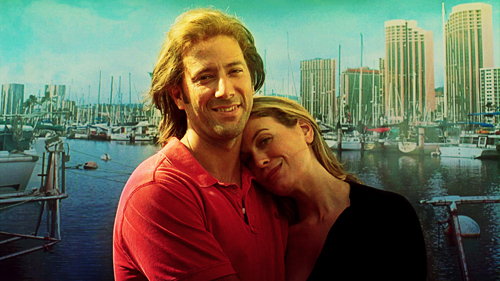
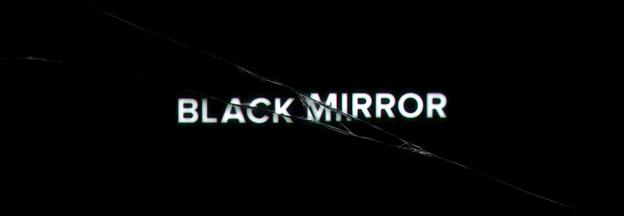
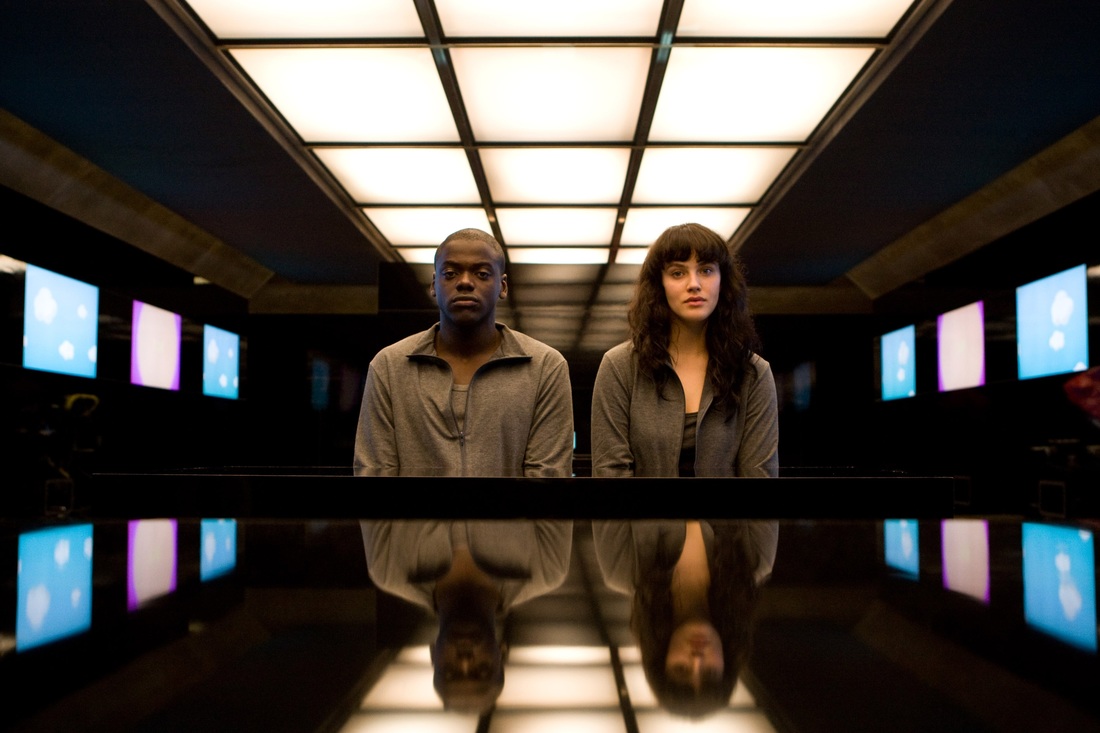
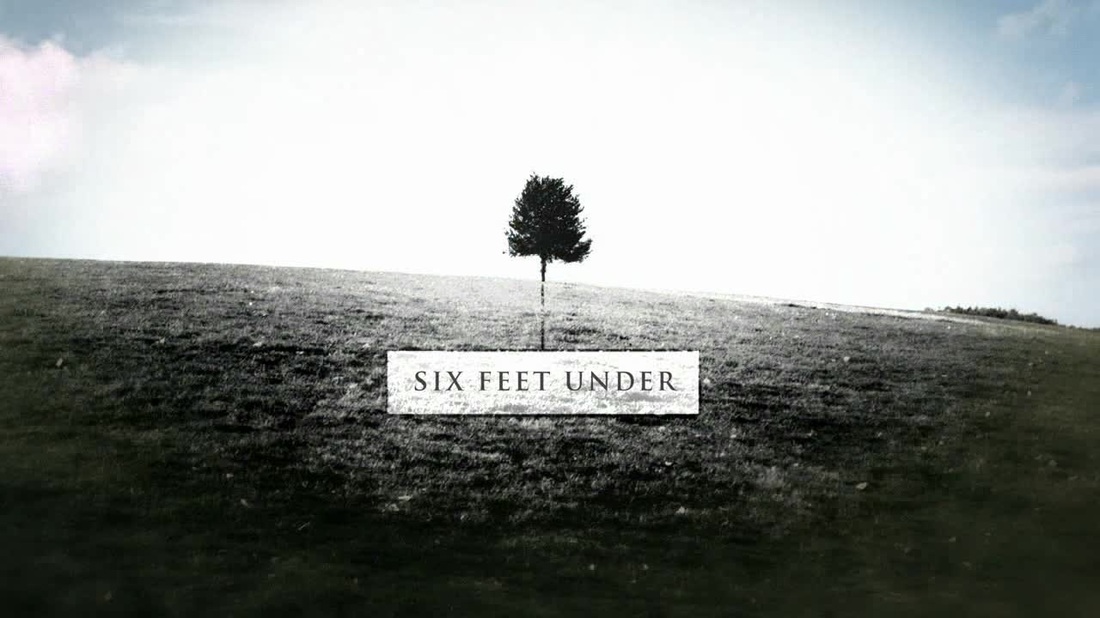
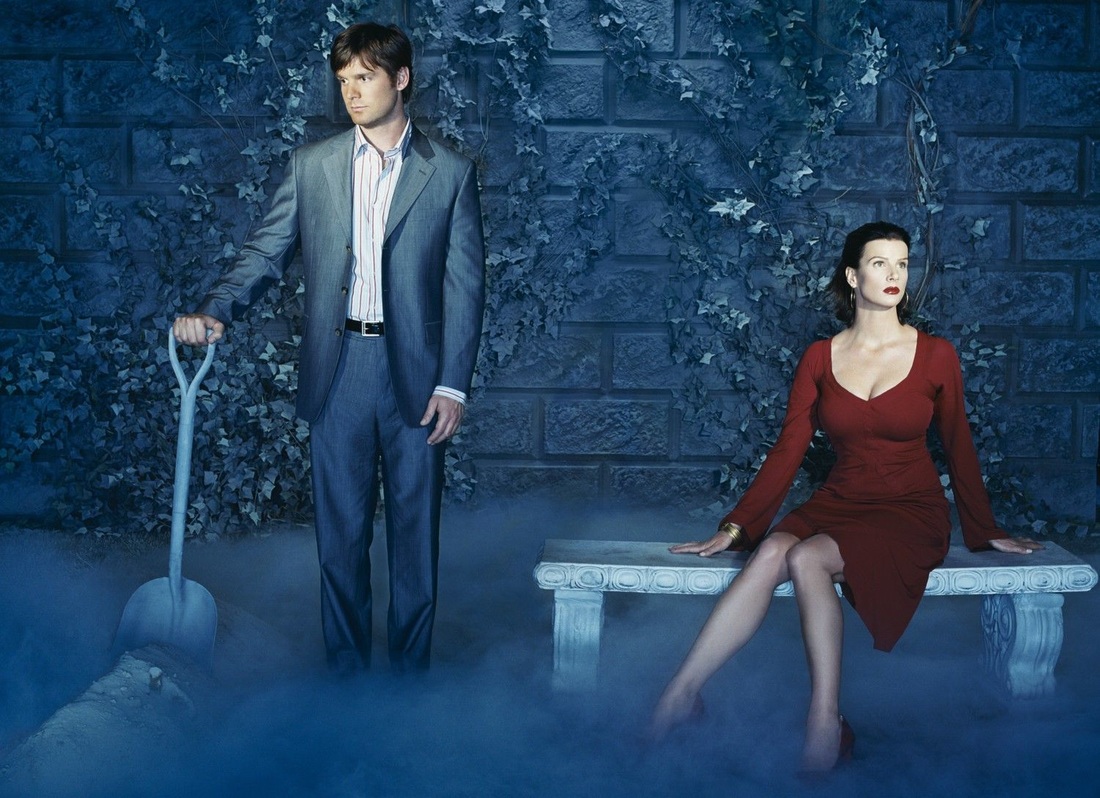
 RSS Feed
RSS Feed